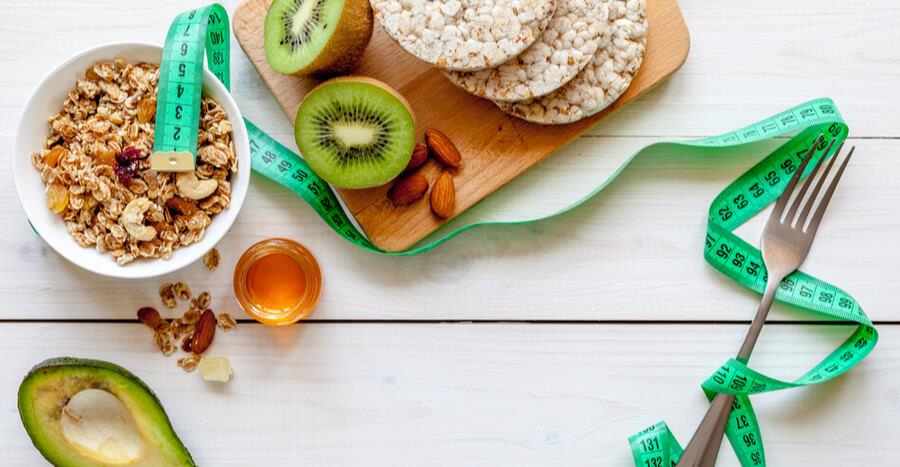As you age, your body and life change, and so does what you need to stay healthy. Changes in your home life, health, medicines, income, and sense of smell and taste may affect your interest in healthy eating and physical activity.
Healthy eating and regular physical activity are your keys to good health at any age. They may lower your risk for obesity, type 2 diabetes, heart disease, and certain cancers. They may even help you ward off depression and maintain orthopedic health (related to bones and muscles).
When you get older, your body begins to need fewer calories, but you need just as many nutrients. Nutrient-dense foods pack a lot of vitamins, minerals, and other nutrients your body needs into a small amount of calories. Older adults, along with other Americans, are advised to “eat from the rainbow” of foods rich in nutrients, like these:
Fruits and vegetables
Whole grains, like oatmeal, whole-wheat bread, and brown rice
Fat-free or low-fat milk and cheese, or soy or rice milk that is fortified with vitamin D and calcium
Seafood. Lean meats, poultry, and eggs
Beans, nuts, and seeds
To follow a healthy eating plan, try to control your portion sizes. Many people eat more than they need, especially when eating out or getting takeout.
Try these tips:
Avoid eating in front of the TV, computer, or other screen. You may not notice how much you are eating if you are distracted.
Cook ahead and freeze portions for days when you don’t want to cook.


